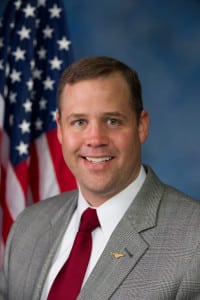
Rep. Jim Bridenstine (R-Okla.), President Donald Trump’s nominee to be NASA administrator, pledged Nov. 1 to be a nonpartisan leader of the space agency despite concerns among Senate Democrats about putting a politician in the job.“We need a consensus agenda,” Bridenstine testified at his confirmation hearing before the Senate Commerce, Science and Transportation Committee. “I want to make sure that NASA remains … apolitical, and I will do that to the utmost of my ability should I be confirmed.”Bridenstine said…

 By
By 











